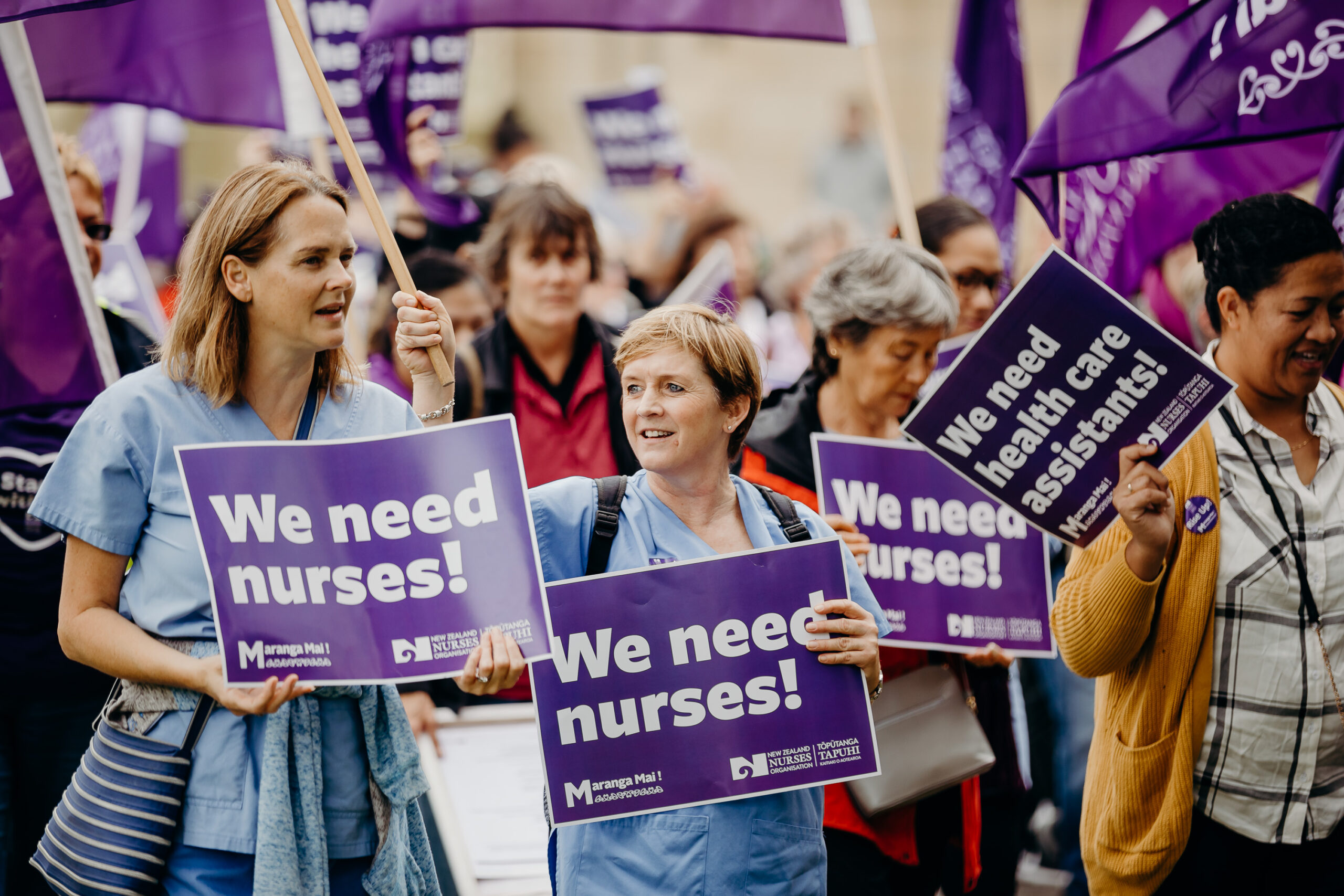The Greater Wellington Regional Council, meeting on 28 September, unanimously passed a Living Wage motion proposed by Sue Kedgely. I was one of a group of Living Wage activists present at the meeting. The motion proposed was as follows:
“That the Council:
- Notes that the Living Wage movement is gaining momentum around the world and in New Zealand, where there are nearly sixty accredited Living Wage employers in New Zealand.
- Notes that international research has demonstrated that employers who pay the Living Wage reduce costs associated with high turnover and absenteeism, and have higher morale and productivity in their workforce.
- Agrees that Greater Wellington Regional Council has a responsibility to be a good employer.
- Agrees in principle to become a Living Wage Council that pays its directly- employed staff a Living Wage, and adopts a phased implementation of the Living Wage for employees employed via contractors who deliver Council services, or work in Council Controlled Organisations.
- Agrees in principle that contracting should not be used to reduce pay and conditions of employees employed by contractors who are contracted to deliver services to Council on a routine basis.
- Requests officers to develop a framework for implementing a Living Wage by March 2017 that:
- Identifies what is involved in becoming a Living Wage employer
- Provides a timeline for the phased implementation of a Living Wage for directly employed Council staff, staff employed by Council Controlled Organisations and contractors who deliver Council services on a routine basis
- Provides advice on the impact of a Living Wage on Council’s procurement policy and tendering arrangements, and any changes that would be needed to existing contracting policy so as to ensure that tender processes protect employment security and pay and conditions for contractor employees.”
In the course of the debate the wording of the motion was slightly amended, as agreed to by Cr Kedgley, without changing the intent.
The regional council’s decision makes it the first local government body in the land to adopt the Living Wage in full for its directly-employed staff. That was not much of a financial hurdle as the council already pays most of its direct employees over the Living Wage rate of $19.80 and it will only cost $5,000 to fully comply.
The real significance of the decision concerns low-paid regional bus and train service workers who work for contractors. The victory here is not as clear-cut as only phased implementation has been agreed to and there will be a report from the Chief Executive on this to the Council by March 2017. The delay could give some wriggle room for any new right-wing councillors to exploit, if any are elected on 8 October. Nonetheless, this is an important step forward and it is another feather in the cap of the Living Wage movement in the Wellington region, which had already won concessions from Wellington City and Porirua City councils.
Sue Kedgely was warmly praised by her fellow councillors for bringing the motion. Sue was a Green Party MP from 1999-2011 and won her place on the regional council in 2013. The debate had a very social-democratic tone with even the more reserved on the issue being prepared to condemn the effects of contracting on workers’ pay and conditions. This is another example that indicates that wide sections of opinion have turned against the worst excesses of the neo-liberal wave that has washed over the country.
If regional councillors want to go further, and truly take workers’ pay and conditions out of the equation, they should end contracting-out and run public transport as a directly-provided service. Meanwhile, celebrate another advance of the Living Wage movement.
Photo credit: Maddy Drew, via Twitter









